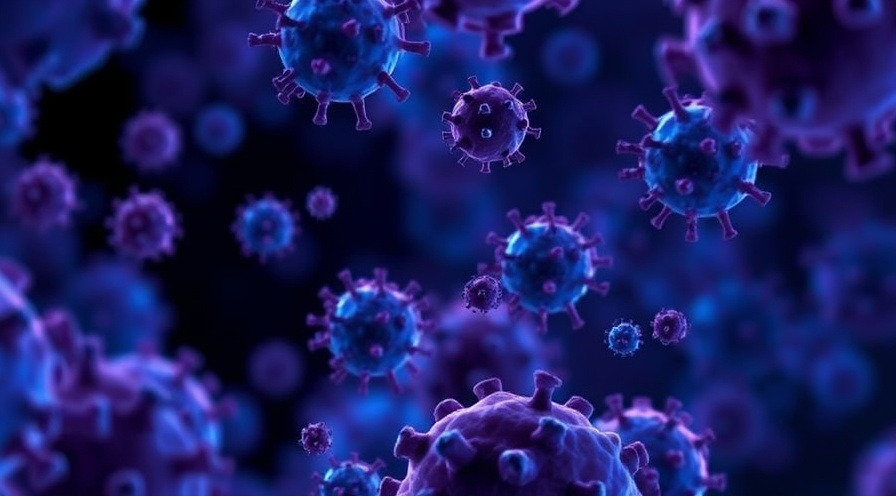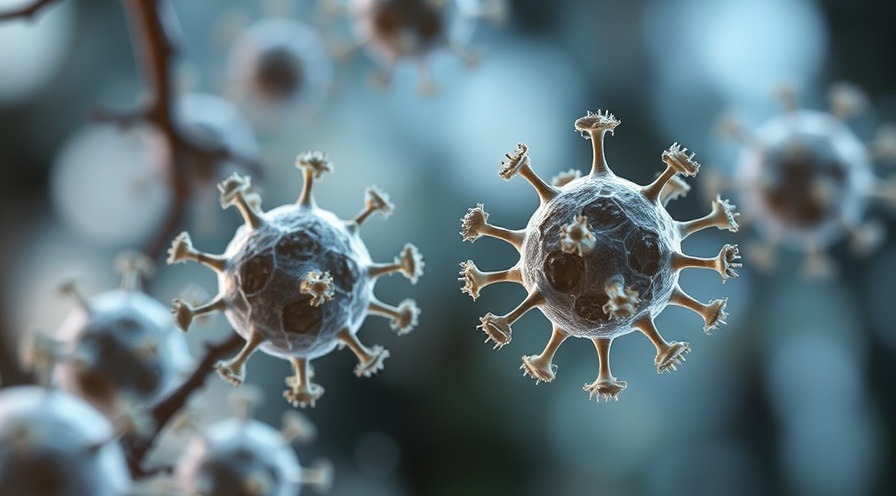
Immunotherapy and Head & Neck Cancer: How Your Own Immune System Fights Back
Head and neck cancer is no small battle—but what if your body had a secret weapon already inside you? Enter immunotherapy, a groundbreaking treatment that flips the script by helping your own immune system recognize and destroy cancer cells like the villains they are.
Let’s break it down in human speak—because no one should need a PhD to understand how their own health works.
🧬 What Is Immunotherapy, Really?
Immunotherapy is a type of biological therapy that trains your immune system to detect, target, and kill cancer cells. Unlike chemotherapy, which carpet-bombs both good and bad cells, immunotherapy is more like a smart missile—it hunts the cancer with laser focus, ideally leaving healthy cells untouched.
According to the National Cancer Institute, immunotherapy works by “stimulating or restoring the immune system’s ability to fight cancer, infections, and other diseases.” It’s not just a single treatment but a family of strategies, including:
Checkpoint Inhibitors
Monoclonal Antibodies
Therapeutic Vaccines
Adoptive T Cell Therapy
Think of it as customizing your immune response like a Netflix algorithm that’s finally figured out you don’t like rom-coms.
🎯 How It Works for Head and Neck Cancers
Head and neck cancers—especially those linked to HPV or tobacco use—can be sneaky. These cancers often find ways to suppress your immune system's response or go undetected entirely. Immunotherapy brings the spotlight back onto the intruder.
Checkpoint inhibitors are the most commonly used type in head and neck cancers. They work by blocking proteins like PD-1 and PD-L1, which cancer cells use to hide from T-cells (your immune system's elite soldiers). With the cloak removed, the immune system can go full Liam Neeson: “I will look for you, I will find you, and I will kill you.”
A 2022 review published in Frontiers in Oncology noted that nivolumab and pembrolizumab, two FDA-approved checkpoint inhibitors, improved survival rates in patients with recurrent or metastatic head and neck squamous cell carcinoma (HNSCC) who had previously failed chemotherapy【source: Cohen et al., Frontiers in Oncology, 2022】.
🧪 Real-World Evidence & Expert Insight
Dr. Ezra Cohen, a head and neck cancer expert at UC San Diego Health, stated:
“Immunotherapy has fundamentally changed how we treat certain head and neck cancers. We are seeing longer survival, improved quality of life, and in some cases, long-term remission.”
In a clinical trial known as KEYNOTE-048, published in The Lancet in 2019, patients receiving pembrolizumab alone or with chemotherapy had better overall survival than those receiving the standard EXTREME regimen (a brutal cocktail of chemo and targeted therapy)【source: Burtness et al., The Lancet, 2019】.
Translation: this stuff isn’t just promising—it’s working.

⚖️ Is It Right for Everyone?
As fantastic as immunotherapy sounds, it’s not a one-size-fits-all solution. Eligibility depends on factors like:
PD-L1 expression (a biomarker measured in tumors)
Cancer stage and location
Prior treatments
Overall health
Side effects are usually milder than chemo but can include fatigue, inflammation, and flu-like symptoms. In rare cases, the immune system can go overboard and attack healthy tissues—so it’s no walk in the park.
Your oncologist will usually order tests and scans to determine if immunotherapy is a safe and effective choice for your case. This is definitely a “talk to your doctor” moment—not a DIY experiment.
🏁 Final Takeaway: Hope on the Horizon
Immunotherapy isn’t a silver bullet—but it’s the closest thing modern medicine has to turning your body into its own superhero. For many battling head and neck cancers, it offers not just more time—but better time.
As Dr. Cohen put it: “We’re not just extending lives—we’re preserving quality of life, too.”
If you or a loved one is facing head and neck cancer, talk to your oncologist about whether immunotherapy could be part of your treatment plan. The future of cancer treatment might just be hiding inside you.
Disclaimer: The information provided on this website is for general informational purposes only and should not be considered medical advice, diagnosis, or treatment. Always consult a qualified healthcare professional before making any decisions or taking actions related to your health, including but not limited to medical conditions, treatments, diets, supplements, or exercise programs. The content on this site is not intended to replace professional medical guidance. The website and its authors are not responsible for any actions taken based on the information provided. Ask your doctor or licensed medical professional first.
 Add Row
Add Row  Add
Add 




Write A Comment